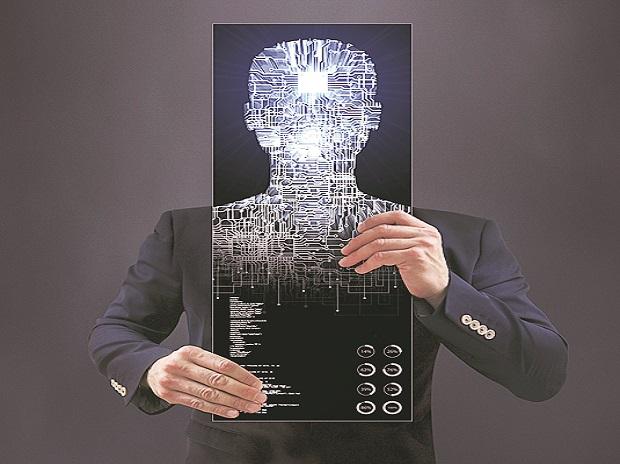YouTube top bosses ignored warnings, letting toxic videos run rampant

A year ago, Susan Wojcicki was on stage to defend YouTube . Her company, hammered for months for fueling falsehoods online, was reeling from another flare-up involving a conspiracy theory video about the Parkland, Florida high school shooting that suggested the victims were “crisis actors.” Wojcicki, YouTube’s chief executive officer, is a reluctant public ambassador, but she was in Austin at the South by Southwest conference to unveil a solution that she hoped would help quell conspiracy theories: a tiny text box from websites like Wikipedia that would sit below videos that questioned well-established facts like the moon landing and link viewers to the truth. Wojcicki’s media behemoth, bent on overtaking television, is estimated to rake in sales of more than $16 billion a year. But on that day, Wojcicki compared her video site to a different kind of institution. “We’re really more like a library,” she said, staking out a familiar position as a defender of free speech. “There ...
